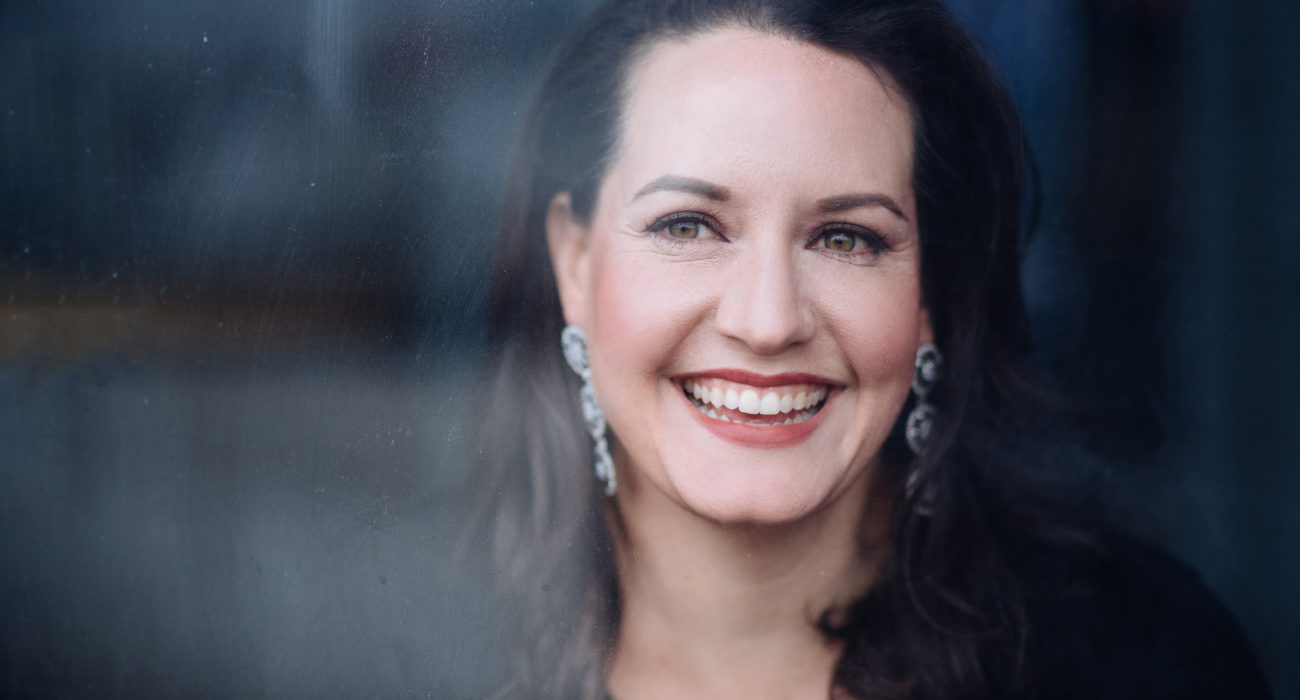Building on the collaboration which produced the masterpieces Elektra, Der Rosenkavalier and Ariadne auf Naxos in the space of just a few years, Strauss collaborates once again with his favourite librettist, the poet Hofmannsthal, for a new operatic venture in a similar vein to Die Zauberflöte. The heroine is an immortal whose inability to bear children is symbolised by her lack of a shadow. She can only become truly human and give birth if she relinquishes her immortality. Strauss expresses this dilemma in a singspiel in which two couples, one immortal and the other mortal, reveal themselves on an initiatory journey littered with obstacles. The work blends fantasy and tragedy in order to highlight an intensely humanist message of solidarity. Composed during the very darkest days of World War I, Die Frau ohne Schatten is unprecedented in operatic terms for its expression of the workings of barbarity, whilst envisaging a positive outcome for a world in mourning. The intelligence and richness of the libretto, expressed in dazzling symphonic and vocal writing, make this one of the most mysterious and appealing works penned by the Strauss-Hofmannsthal duo.
This February, Elza van den Heever makes role debut as The Empress in a concert version of Richard Strauss’ Die Frau ohne Schatten, joining Yannick Nézet-Séguin and the Rotterdam Philharmonic in a three city tour. The performances take place on February 17 at the Théâtre des Champs-Elysées, February 20 at the Konzerthaus Dortmund and February 23 at the Rotterdam Philharmonic. The cast also features Stephan Gould, Michaela Schuster, Michael Volle, Lise Lindstrom, Katrien Baerts, Thomas Oliemans, Bror Magnus Tødenes, Andreas Conrad, Michael Wilmering and Nathan Berg.
